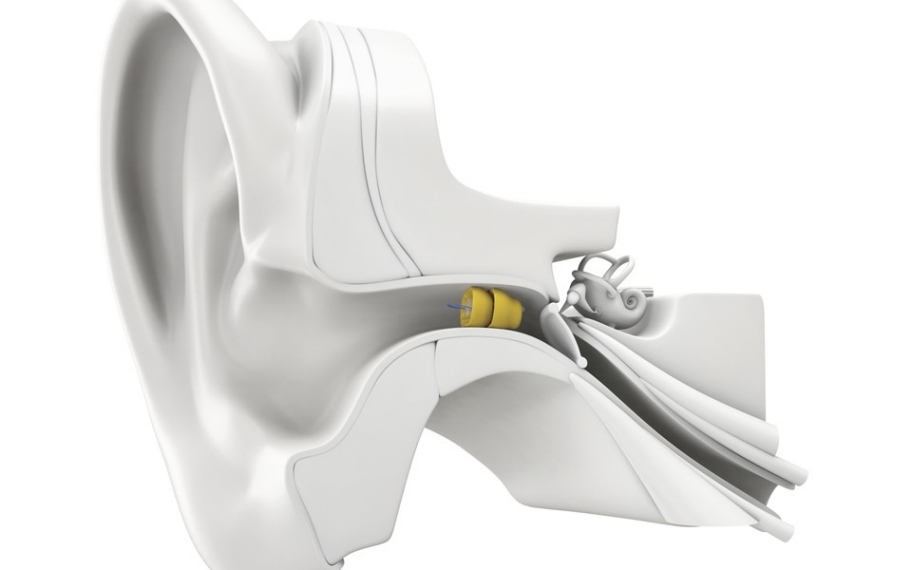There have been several studies carried out in recent years to ascertain and confirm the link between untreated hearing loss and dementia. We all know there is a certain amount of cognitive decline as we get older. There are many resources available online for anyone who would like to learn more about this connection, including Alzheimer’s Society.
If you are experiencing hearing loss and would like to learn more about hearing tests and what they involve, we can be reached on 01403 218 863 (Horsham), 01323 899 655 (Seaford) and 01243 774 536 (Chichester).
Untreated hearing loss and dementia
Researchers from the University of Exeter medical school, and King’s College London, looked at thousands of over-50s and found that for those with hearing loss, wearing hearing aids helps maintain good cognitive function and protect against long-term brain decline.
The findings suggest that untreated hearing loss can lead to an increased risk of certain types of dementia. It makes sense when you consider that lack of stimulation and use will lead to decline. For people with hearing loss, who are already lacking full sound stimulus, this exacerbates the problem if the hearing loss is left untreated.
The negative effects of untreated hearing loss
Social isolation and lack of interaction occurs due to untreated hearing loss and can encourage negative feelings of loneliness. And yet, regular social interaction and conversation is shown to have significant benefits to mental health and well-being.
The negative effects of untreated hearing loss can be quite profound and lead to more psychological issues like:
- anxiety
- depression
- low self-esteem
- reclusiveness
We know that there is little social stigma associated with wearing hearing aids nowadays and realise the main barrier is personal stigma. Even though we will accept our hair thinning or greying, our eyesight becoming dimmer, our teeth needing fixing, we balk at wearing hearing aids.
Research and study after study confirm unequivocally that untreated hearing loss can be detrimental to our overall well-being and more importantly contribute to poorer cognitive ability.
Regular hearing tests help
Our recommendation is for all over 50s to have their hearing regularly checked but more importantly, to react if hearing loss is discovered so good brain function can be maintained with better hearing and cognitive stimulation.
The effort of listening is increased where there is damage to the auditory processing pathway and this interferes with deciphering sounds and their meanings.
Adults with hearing loss have a higher risk for Alzheimer’s and other cognitive disorders. The risk of dementia increases for those with a hearing loss greater than 25 dB. Individuals with moderate to severe hearing loss are up to five times as likely to develop dementia.
We advocate regular hearing tests for the over 55s and recommend an annual hearing assessment so we can identify any need for correction at the earliest possible stage.
Do hearing aids reduce the risk of dementia?
Yes they do and quite significantly. Some studies show that someone with a moderate hearing loss can have a five times greater risk of cognitive decline leading to dementia.
Naturally the earlier the intervention to correct the hearing loss, the better.
Do hearing aids reduce the symptoms of dementia?
There is no evidence that once dementia has manifested itself that hearing aids will reduce its symptoms. However, brain stimulus has been shown to be a beneficial boost to memory and cognitive function.
Is hearing loss linked to memory loss?
In the same studies which linked untreated hearing loss to dementia, it also showed an increased prevalence of short term memory loss.
Choosing the right hearing aid for use with dementia
Any type of amplification via a hearing aid is beneficial to reducing listening effort and increasing stimulus. Therefore we cannot say one type of hearing aid is better than the other, though the more advanced the technology and ability to clean the sound and reduce background noise is certainly more beneficial.
For patients who fiddle a lot with their hearing aids, take them off and forget where they have left them, we have found Lyric a superb solution. It fits deeply into the ear canal and remains there 24 hours a day and cannot be accessed by the patient, making it much safer and secure. Regular scheduled appointments can be set up for exchanging the Lyric before the internal power source expires.
What to do if you care for a dementia patient
Speak clearly and slowly and face them. Try to avoid obscuring your mouth or lips with your hand. Ensure your face is well illuminated and do not sit with your back to the sun or a very bright light or background. Depending on how advanced their dementia is, we would recommend a hearing assessment as long as they can cognitively cope and respond correctly to the sound stimulus we present.
What to do if you are dementia patient
If you have been diagnosed with early onset dementia we would recommend an early intervention by booking an appointment for a hearing test at your earliest opportunity.
You may or may not have a hearing loss and we can advise you on the best course of action and signpost you to the relevant professionals to help you.
Contact our dedicated team of experts
Our specialists have many years of experience and can book patients in for a hearing test – call us or fill out our booking form. Once we have completed the full hearing test, we will sit down and go through the results explaining what our findings mean to you and answer any questions.
